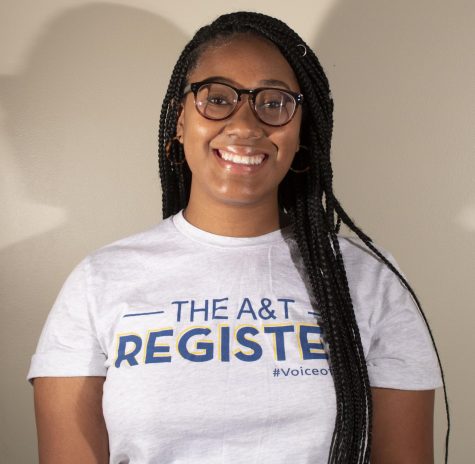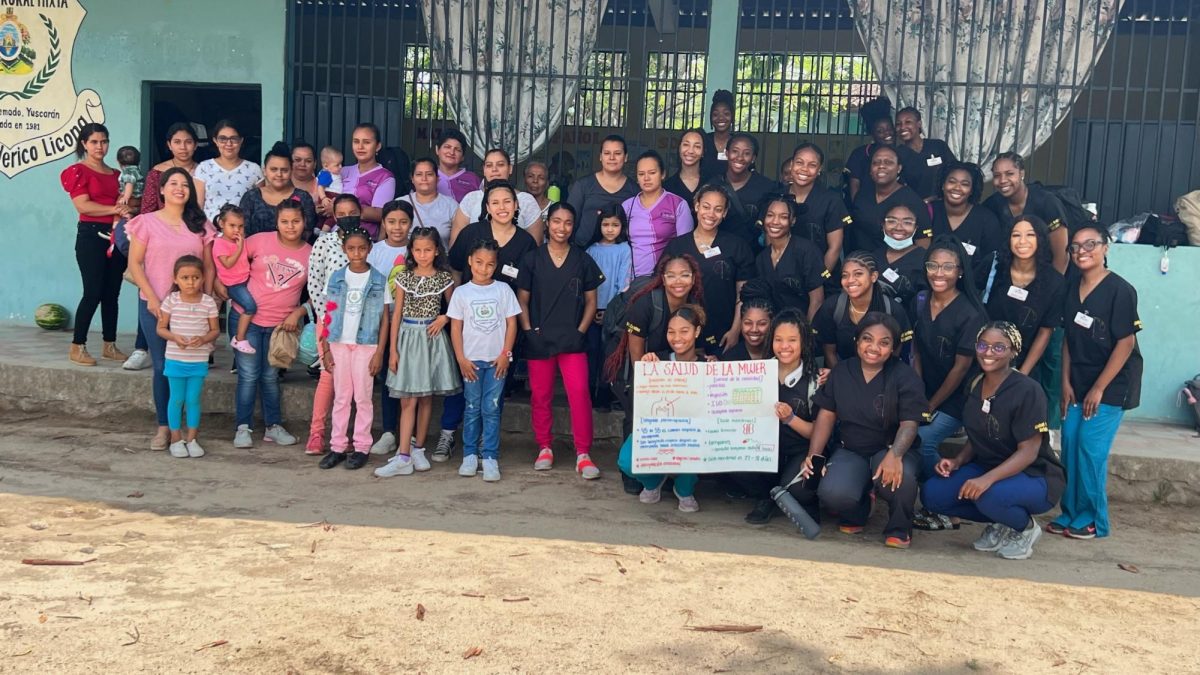Title IX of the Education Amendments of 1972 is a comprehensive federal civil rights law that prohibits sex discrimination in education.
It states plainly in 20 U.S.C Section 1681 : “No person in the United States shall, on the basis of sex, be excluded from participation in, be denied the benefits of, or be subjected to discrimination under any education program or activity receiving Federal financial assistance.”
The amendment covers all students and staff in any educational institution or program that receives federal funding, including local school districts, colleges and universities.
Title IX is commonly linked to three topics within higher education: athletics, education and sexual misconduct. However, the lesser know attachment in relation to sexual assault is regulated by Title IX because of the line “discrimination on the basis of sex.”
Both sexual harassment and sexual violence are forms of sex discrimination covered under Title IX. The law protects students from sexual harassment and violence that occur in the course of a school’s education programs and activities.
Every college or university, which is federally funded, has a Title IX coordinator. N.C. A&T’s current interim coordinator is Samual Richardson. Richardson is responsible for overseeing all complaints of sex discrimination, and identifying any problems or patterns that appear during the investigation.
Although sexual harassment and sexual violence can happen to anyone, women attending colleges and universities are disproportionately affected, which creates a hostile environment for their safety, comfort, access to education and ability to participate in campus life.
Currently N.C. A&T is required to report and investigate any discrimination or assault cases brought to faculty members. If they fail to do so, the school will lose funding.
It is the school’s responsibility to respond to allegations promptly and effectively.
How to Report Title IX
N.C. A&T offers several confidential resources for reporting Title IX including:
Counseling Services, 109 Murphy Hall, N.C. A&T 336- 334- 7727
N.C. A&T Student Health Center, 112 North Benbow Rd 336-334-7880
These confidential resources cannot share identifying information without written consent.
If an individual requests complete confidentiality and/or asks the university to not investigate or seek action against the alleged respondent, then the request may limit the university’s ability to respond fully to the complaint, including disciplinary action against the alleged respondent.
Ultimately the university determines whether or not it can honor the request while providing a safe environment for the university community. This decision is made by the Title IX coordinator.
“[Title IX Office] ensure that students receive that additional resources on campus,
Counseling Services, Student Health Center and/or an advocate that can walk them through the whole process,” Richardson said.
Members of the university are encouraged to seek support and information from available reporting options including:
University Police Department, Ward Hall, N.C. A&T, 336-334-7675
Interim Title IX Coordinator, Samuel Richardson,336-285-3770
Housing and Residence Life, Aggie Village #2, N.C. A&T 336-285-4323
Title IX complaint form
Immediate reporting is considered essential for the safety of students. All sources will provide information about support, resources and the process of making a report or complaint with the university and/or law enforcement.
After several victims came forward with allegations of sexual assault last year, N.C. A&T gathered a Sexual Assault Committee. This committee revised its policies and action surrounding misconduct, including enhancements to the coordination of sexual assault victim care between Student Health Services and Counseling services. The sexual misconduct hearings’ process was redesigned and separated from the regular conduct hearing process within Student Affairs and communication was improved to ensure timely sharing of information.
The process of a Title IX investigation
When N.C. A&T has been made aware of any potential sexual violence or harrasment, an investigation of the incident is required.
A trained Title IX investigator will contact all involved parties to gather information about the incident. During the investigation interim measures including, No Contact orders, schedule changes and on-campus housing relocation can be applied.
After all relevant information is gathered, the investigator writes an investigation report, which is then submitted to the Richardson. Based on the information the coordinator then determines the appropriate response as to whether a hearing is required.
There are two outcomes upon the conclusion of a Title IX investigation. The case is closed and not referred to Student Conduct or employee grievance committee. The other result is the case is referred to the appropriate entity for formal judgement.
Learning and spreading the knowledge of these resources can hopefully reach people who are in need. If you feel that you or someone you know has been sexually discriminated, don’t hesitate to use the resources N.C. A&T provides.
Categories:
Guide to Title IX
Lauren Mitchell, theYARD Editor
November 21, 2019
0
More to Discover
About the Contributor

Lauren Mitchell, Managing Editor
Senior journalism and mass communication student with a concentration in multimedia journalism







